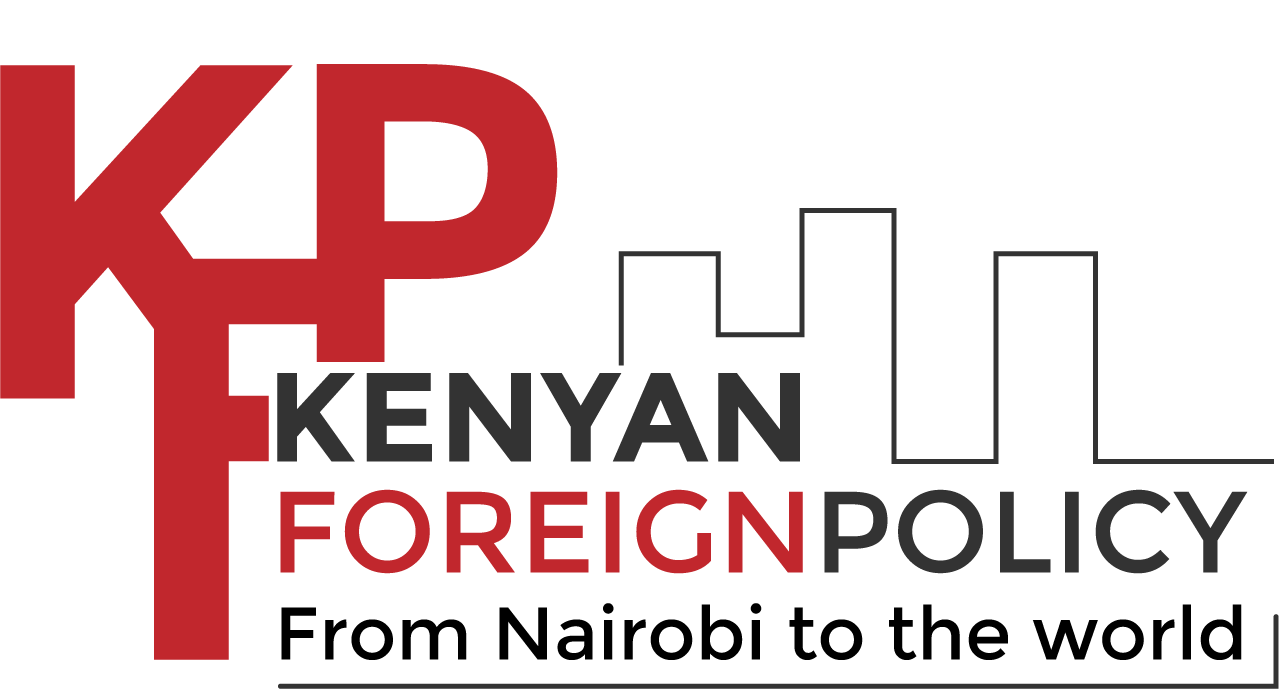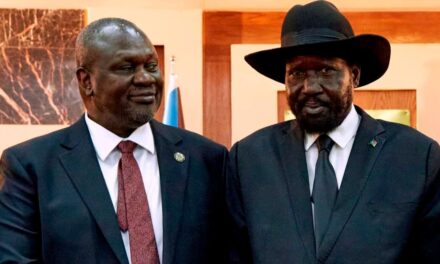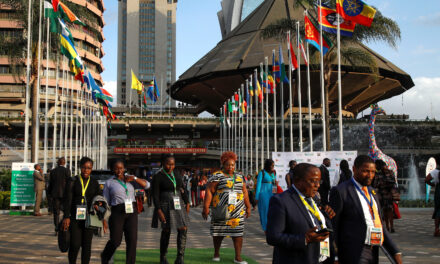
Kenya’s Judiciary Takes on Meta
Posted by Patrick Kariuki | Jul 26, 2023 | CORRIDORS OF JUSTICE


In a case with global implications for all tech workers, a Kenyan court barred Meta and its sub-contractor Sama Source from sacking 184 Kenyan tech workers hired to act as Facebook moderators. The court also extended the moderators’ contracts.
This is one of three ongoing cases Meta faces in Kenya’s courts, the first to be filed by Meta’s workers outside the United States.
This landmark ruling comes after the 184 moderators sued Meta and Sama Source in the Nairobi Milimani Courts in March for unlawful dismissal. The workers accused Meta and Sama Source of failing to issue them with redundancy notices as required by Kenyan law, and of using Meta’s new Facebook moderation contractor, Majorel, to blacklist them.
These moderators were hired from across Africa, including Morocco, Kenya, Ghana, Ethiopia, Uganda, Somalia, and South Africa. Although Meta and Sama used the workers to review the most toxic online content, they paid them as little as $1.50 an hour (Kshs 200/ hour at current exchange rates).
Meta’s defence strategy has included refusing to recognize the jurisdiction of the Kenyan courts, arguing that it is not registered in Kenya, therefore, it cannot be sued in Kenya.
Sama responded to the lawsuit by announcing it would no longer provide content moderation services for Meta (reviewing harmful content). In this regard, it announced the sacking of 3% of its staff – about 200 employees – but it will continue to provide data labeling services to Meta.
Meta has since given the Facebook moderation contract to Majorel, which is headquartered in Luxembourg, but partly owned by Moulay Hafid Elalamy, a former Moroccan minister of industry and trade.
According to Reuters, former moderators who worked for Majorel in Morocco reviewing TikTok’s African content said they experienced severe “psychological distress” while being paid only $2 an hour, indicating that Meta is yet to learn their lesson.
Why Meta Pays African Moderators Peanuts
Foreign Policy Magazine reports that although North American users make up just 10 percent of Facebook’s daily users, 87 percent of Facebook’s global budget for content moderation goes toward the United States, while only 13 percent is set aside for the rest of the world. This is according to Vanessa Haugen, the Facebook employee turned whistleblower.
Secondly, Africa has educated and qualified but unemployed youth. This makes them vulnerable to exploitation; they do the most damaging jobs to mental health yet get paid almost nothing.
“You see these promising young kids, graduates … go into this job because its what’s available and emerge with their life derailed because they can’t sleep, they struggle to relate to people,” said Cori Crider, of the London-based legal firm Foxglove.
Meta’s other ongoing cases in Kenyan courts include one filed in Nairobi’s labor court by South African Daniel Motaung, a former Sama moderator. His suit alleges that Meta’s content moderators in Kenya worked under undignified working conditions and were not provided mental health care after exposure to graphically violent content. He also alleges that he was illegally fired after he tried to organize workers into a union to fight for better pay and working conditions.
The other case is a $ 1.6 billion suit filed in Kenya’s High Court by Kenya’s Katiba Institute and two Ethiopians. According to the suit, Facebook’s algorithm caused the murder of a university professor and half a million other deaths during the Tigray War by boosting genocidal posts in Ethiopia.
Professor Meareg Amare Abrha, a chemistry professor at Bahir Dar University, Ethiopia, was murdered outside his family home after two racist posts on Facebook published his photo, gave the location of his house (doxxing), and called for his murder.
Meta has appealed all these cases and vowed to defend itself. If the Kenyan workers prevail and if the courts impose a judgment on Facebook that forces it to pay compensation and change its algorithm, the blow against Meta will reverberate from Nairobi to the world and lead to a flurry of similar cases against Meta in other jurisdictions.
Your support empowers us to deliver quality global journalism. Whether big or small, every contribution is valuable to our mission and readers.
































